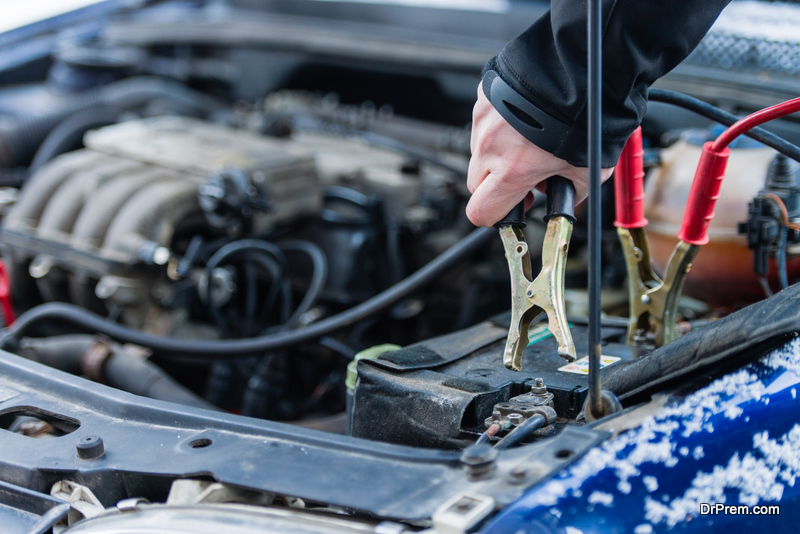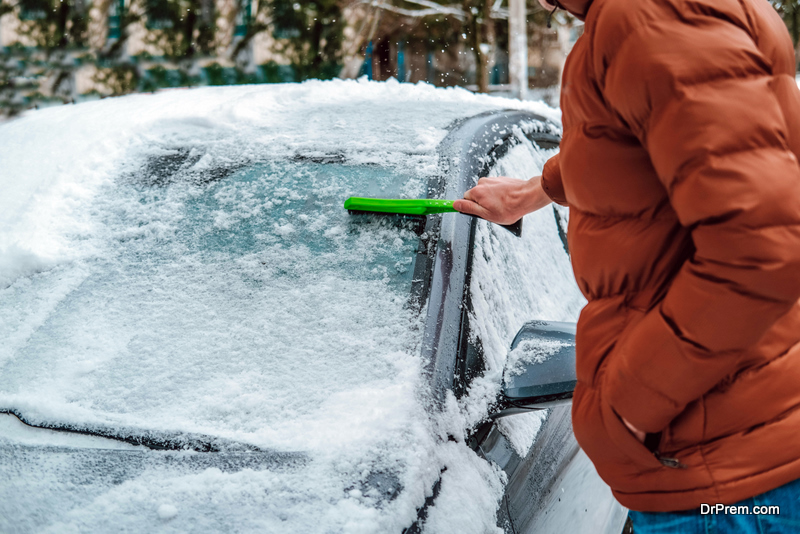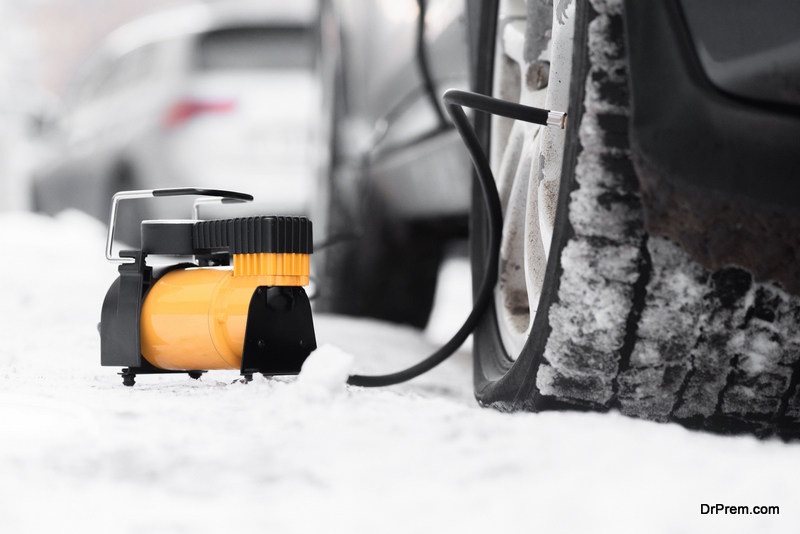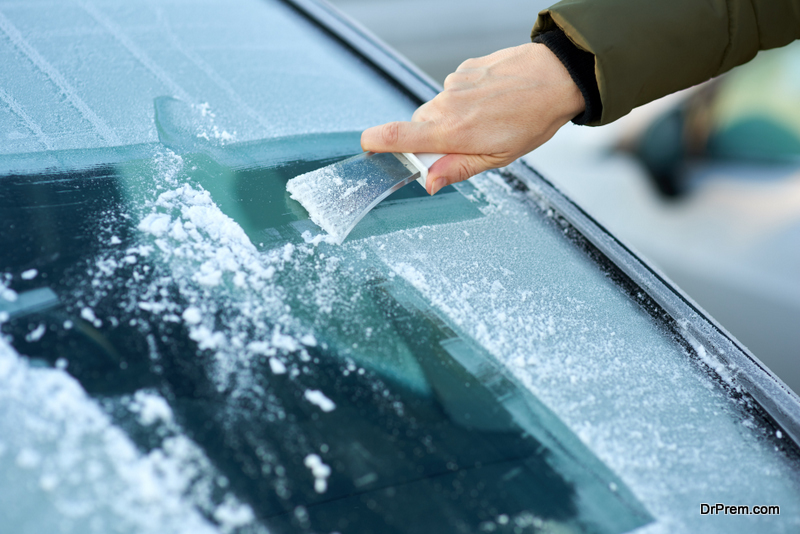Now that we are in the midst of winter, there is no doubt that our cars may experience one or a few common problems that occur during this season. You would be extremely lucky if you never get to experience these common winter car issues, but just to be on the safe side, we have listed three car problems that drivers often get during winter and what you can do about it.
Can the winter weather affect your car?
Similar to how the summer heat can make your car work more rigorously, you also need to check on your car during the winter months. The weather and temperature can adversely affect cars, so it is always good practice to check on certain parts of your car, as well as to drive slowly and carefully in certain weather conditions.
If you live in the South East of England, it would be wise to have your car regularly serviced (and have a valid MOT) like in an MOT Centre in Laindon that does both car servicing and MOTs. As a result, you can rest assured that your car is safe to use on the road which prepares you in time for winter.
So what are the common car issues during winter?
1. Battery problem

Although extremely hot weather can also cause car battery problems, cold weather conditions can do too. Cold temperatures, especially those of biting and freezing conditions, can significantly reduce the efficiency of your car battery. You can expect multiple tries in starting your car in the morning during winter as dead or unreliable car batteries are a common occurrence during this season.
To help prevent this, it would be a good idea to get your battery checked and tested before the start of winter to see whether you may need a new battery that will get you through the cold season.
If you have found yourself struggling to start your car recently, again, we suggest heading over to the nearest car service centre to have your battery checked before it completely dies on you. A dead car battery is a very annoying inconvenience, but it does not have to be stressful if you get your battery checked first.
2. Frozen windshield and wipers

Accompanying the chilly temperatures is ice, and you can expect to see ice on roads, pavements, and of course, on your car’s windows, and windshield and wipers. It is incredibly important that your vision is clear when driving in winter, so you must make sure that you get rid of any ice or snow that has accumulated on your car’s windshield and windows.
This may mean waking up extra early in the morning just to scrape off ice from your car before you go to work, but this is non-negotiable, particularly as it relates to yours and others’ safety on the road. You should also think about buying a de-icer and ice scrapers that are specifically used to help de-ice cars.
It may also be the case that your wipers are frozen to the windshield and if you find yourself in this situation, do not turn the wipers on! Turn your car’s defroster on and spray a de-icer on the windshield and wipers religiously, carefully scraping the ice off and using a cloth to gently clean the blades once you are able to lift the blades off.
To avoid this mishap, one trick is to purchase a frost guard and put it over your windshield to prevent your wipers (and windshield) from becoming frozen overnight.
3. Tyre pressure

Did you know that about a quarter of weather-related traffic accidents are due to snowy or icy road conditions? This shows that safe driving needs to be prioritised when it comes to challenging winter weather. When you are driving in icy or snowy conditions, your tyres need to be in top-notch condition. However, cold temperatures can lead to a drop in tyre pressure, which decreases their effectiveness in terms of traction and grip – and that’s dangerous when on icy, snowy or wet roads.
By having the correct tyre pressure, your steering and handling of the vehicle is improved, enabling you to navigate those icy roads much better than if you had low tyre pressures. To ensure that your tyre pressures are correct and not underinflated, regularly checking on them is best and then pumping them up when tyre pressures have dropped.
If you live in an area that is particularly prone to freezing weather and snow, replacing your car tyres with winter tyres is recommended for enhanced control and safety. Don’t forget to check the tread depth of the tyres too!
Article Submitted By Community Writer




